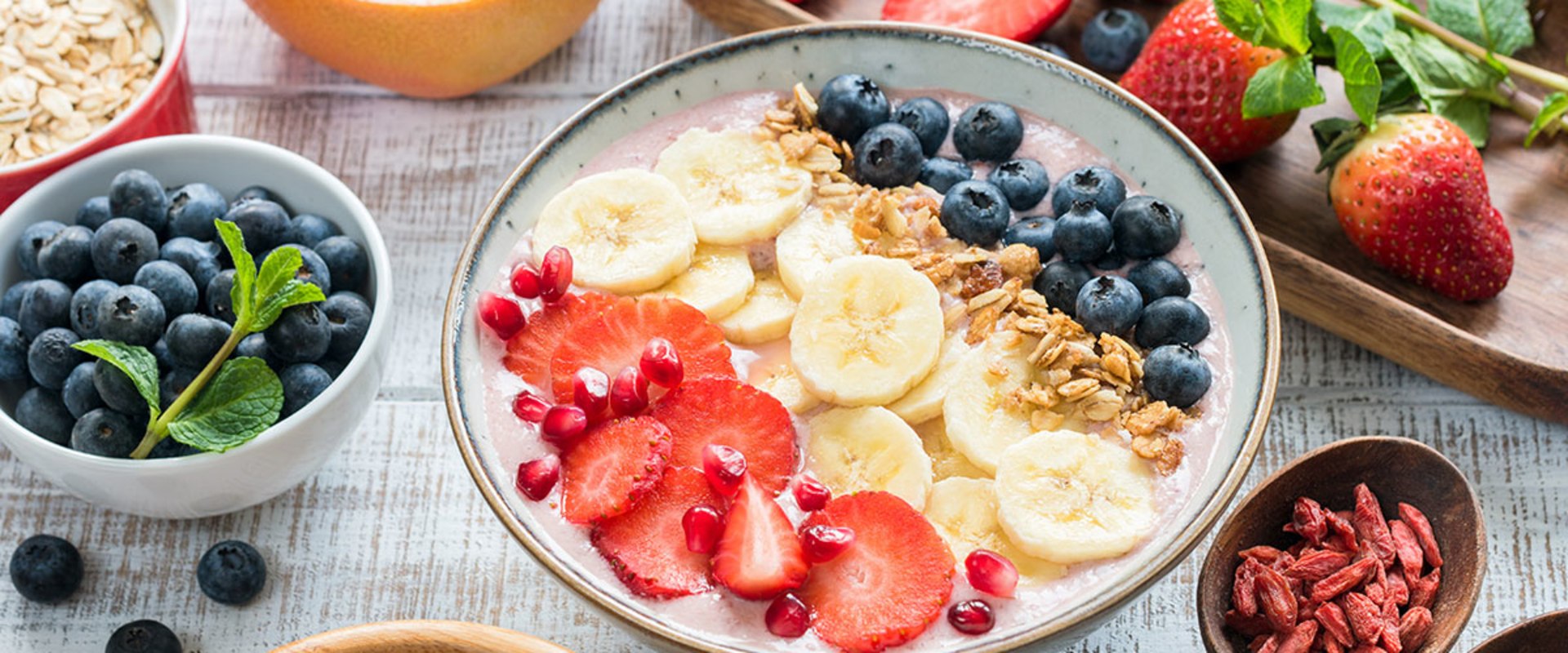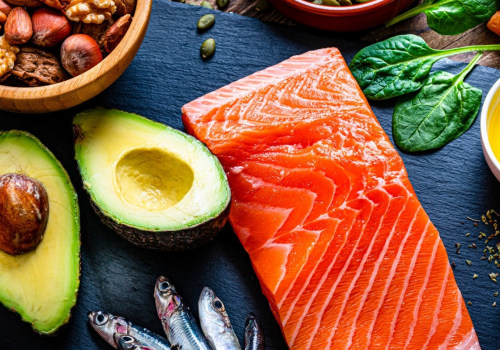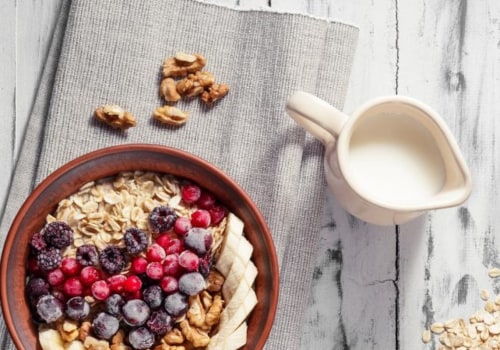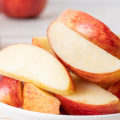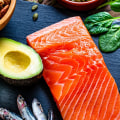Look for healthy or nutrient-rich foods that include an endless list of foods such as fruits, vegetables, whole grains (quinoa, oats, brown rice, etc.) Oats keep cholesterol under control, help fight heart disease and keep you full until lunch, thanks to their soluble fiber. Look for old-fashioned or steel-cut varieties. Fermented foods such as sauerkraut, but also kombucha, kimchi, miso and yogurt can help improve gut health, which translates into better overall health thanks to the connection between the intestine and the brain. Despite the bad reputation that carbohydrates have had in recent years, whole grains are essential, especially when it comes to nourishing the brain, Bolte-Ruiz explains.
The fat content of avocados may make you stop at first, but according to Axe, there's nothing to fear. In fact, it's quite the opposite. Berries such as raspberries and blueberries are rich in antioxidants and other nutrients, as well as being low in calories and low on the glycemic index. Joey Thurman, CPT FNS of CES, a famous health expert, rates blueberries as one of his favorites in the group, and points out that their dark color and thin skin mean that they have to develop natural protection against the elements, which translates into a very high level of antioxidants.
As with berries, be sure to choose organic produce when it comes to leafy greens. Axe points out that while choosing organic products whenever possible, it may never be more important than when it comes to this group of superfoods. Like sauerkraut, yogurt also contains healthy probiotics, not to mention a host of other nutrients. Choose plain, full-fat yogurt with no added sugar for the most powerful benefits (such as any of these best nutritionist-approved, low-sugar yogurts) and combine it with berries or nuts for a triple dose of superfoods for breakfast or as a nutritious snack.
Sardines are small, fatty fish that are among the most nutritious foods you can eat. They have substantial amounts of most of the nutrients your body needs, including calcium and vitamin D. Drink 8 to 12 cups of water a day. Eat dark green vegetables at least three to four times a week.
Good choices include broccoli, peppers, Brussels sprouts, and leafy greens such as kale and spinach. Eat whole grains at least two or three times a day. Look for whole wheat flour, rye, oats, barley, amaranth, quinoa, or a multigrain. A good source of fiber has 3 to 4 grams of fiber per serving.
A good source contains 5 or more grams of fiber per serving. Try to eat two to three servings of fish a week. A serving consists of 3 to 4 ounces of cooked fish. Good options are salmon, trout, herring, blue fish, sardines and tuna.
Men and women between the ages of 19 and 50 need 1,000 milligrams of calcium a day and 1,200 milligrams if they are 50 or older. Eat calcium-rich foods, such as fat-free or low-fat dairy products, three to four times a day. Now, you'll have the latest and greatest news about food and healthy eating in your inbox every day. Henry Obispo, social entrepreneur, food justice activist and founder of BornJuice who works to improve food insecurity in the Bronx, agrees.
